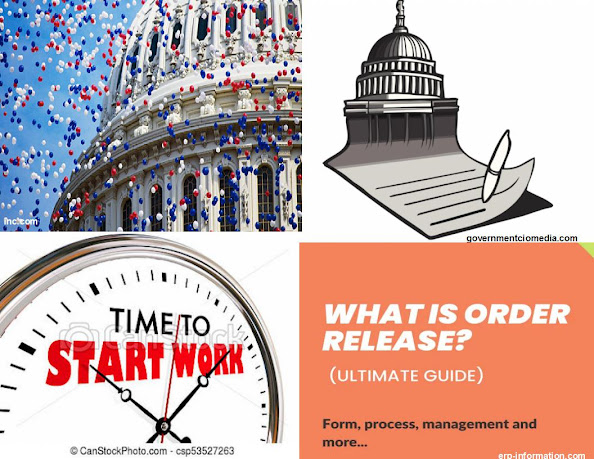As the federal fiscal year draws to a close and the new year opens on 1 October, an astute contractor will have examined the funding status of all government contracts for risk.
Limitation of funds and funding exposure must be a vital topic for every government contractor.
THE FUNDING CHALLENGE
Many federal contracts are funded incrementally, usually based on the government fiscal year that runs from 1 October to 30 September. Although the government may negotiate dollar price ceilings for cost plus and time and materials contracts or firm, fixed total price arrangements, the contracts themselves may be incrementally funded, particularly if they extend over multiple government fiscal years. A contract may contain negotiated prices or a cost ceiling but also specify an incremental funding value.
The contractor is required to inform the government when actual costs incurred plus obligations to suppliers or payroll on a specific contract reach certain thresholds of the current incremental funding specified in the contract (usually 80%). The government is then obligated to further fund the contract.
In the event the contract is not funded further, the contractor has the right to stop work before he exceeds the incremental funding. Some contractors choose to operate on "risk," continuing to perform on a contract while exceeding the incremental funding in booked cost and obligations.
The government is under no obligation to reimburse the contractor for invoiced amounts exceeding incremental funding. Nearing the end of a government fiscal year, a contractor may find delays in funding reaching all the way to congress. This situation must be managed with the government contracting officer. Limitation of Funds and Funding Exposure
STOP WORK ORDER
Contractors may receive stop work orders from agencies unless their contracts were fully funded in the previous fiscal year. The government reserves the right to
de-obligate funding on contracts, which can effectively bring them to a halt.
Applicable charge numbers in the accounting system must be closed until the stop work order is lifted and any effected suppliers and subcontractors must be notified to do the same.
To the degree the government has not paid anything on the contract or delivery order they have no ownership rights to the physical product and you are free to complete it and sell it to another customer (commercial or government that has not stopped work). If the government recommences the order, quote a new price and delivery from ground zero.
At the bottom line a stop work is blunt and to the point. Treat it as if you will never hear from this customer again to manage the risk.
To the degree you do hear from the Contracting Officer again and he or she has the funding to recommence work, be prepared to submit a proposal for what it will take to start the effort and a realistic delivery schedule to complete it, but do not build any retroactive costs incurred during the stop work period into your logic and expect to bill them; they may not come to payment fruition.

.jpg)






